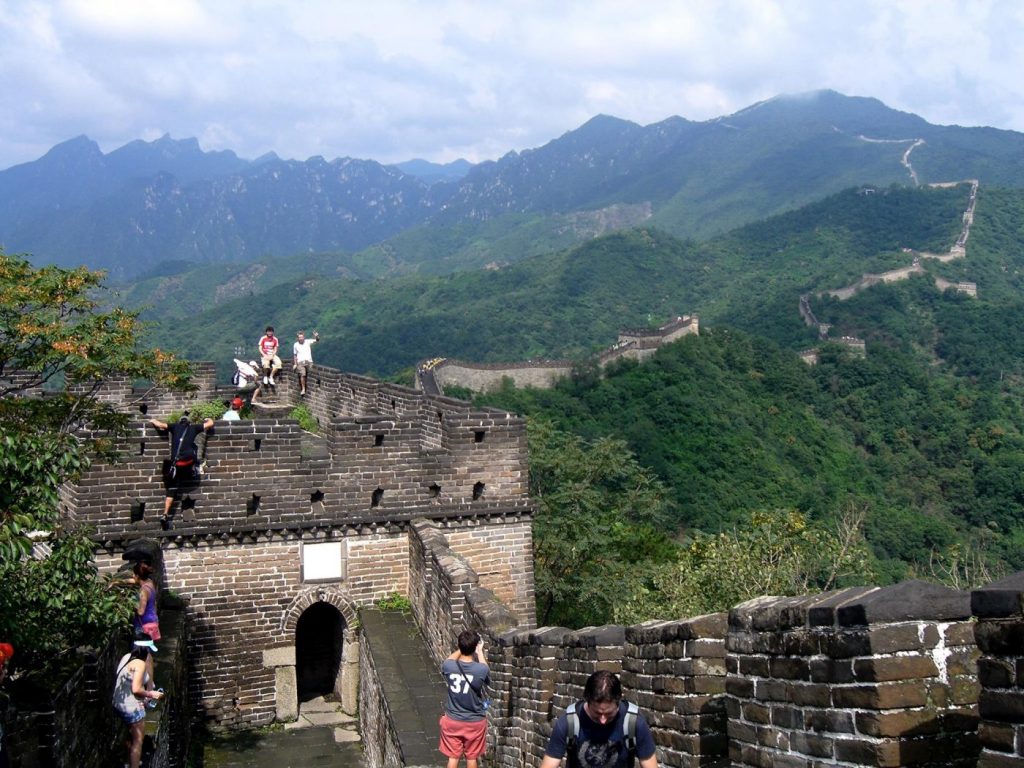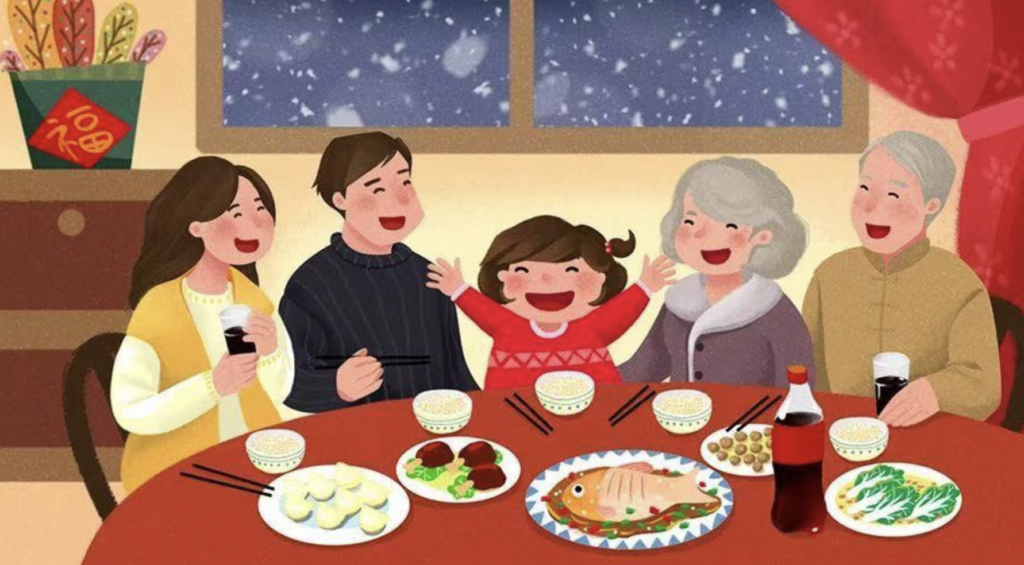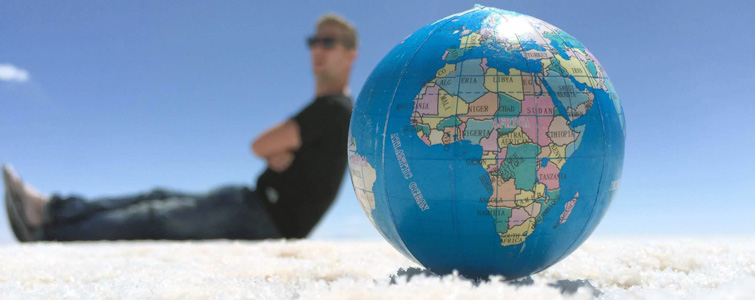How to Say “Happy New Year” in Chinese: A Complete Guide for Beginners
Author: Murphy Yan, founder of a language learning platform
How to Say Happy New Year in Chinese? Chinese New Year, also known as the Spring Festival (春节, chūn jié), is the most significant traditional holiday in China, filled with vibrant celebrations and deep cultural meaning. In 2024, it was officially recognized as a UNESCO Intangible Cultural Heritage of Humanity, highlighting its global significance. This holiday presents the perfect opportunity for Chinese learners to dive into the language and culture.
In this guide, we’ll not only teach you how to say Happy New Year in Chinese, but also explore the origins, customs, and key traditions of Chinese New Year. Plus, we’ll share tips on how you can enhance your Chinese language skills while enjoying the festivities. Whether you’re a beginner or looking to deepen your understanding, this guide will help you connect with Chinese culture and language this holiday season.

Table of contents
- How to Say “Happy New Year” in Chinese: A Complete Guide for Beginners
- 1. Chinese New Year Greetings and Phrases for Beginners
- 2. What is Chinese New Year?
- 3. The Origins of Chinese New Year
- 4. Key Customs and Traditions
- 5. The Chinese Zodiac and Its Role in the New Year
- 6. Traditional Festive Foods to Try
- 7. Celebrating the Lantern Festival (yuán xiāo jié 元宵节 )
- 8. How Chinese New Year Enhances Language Learning
- Encouraging Local Exploration
- Useful Resources
1. Chinese New Year Greetings and Phrases for Beginners
Common Greetings
So, How to Say Happy New Year in Chinese?
| Phrase | Hanzi | Pinyin | Meaning |
| Happy New Year! | 新年快乐 | Xīn nián kuài lè | Wishing you a happy New Year! |
| Wishing you wealth! | 恭喜发财 | Gōngxǐ fā cái | Wishing you wealth and prosperity! |
| Wishing you good health! | 身体健康 | Shēn tǐ jiàn kāng | Wishing you good health! |
| Wishing you happiness and prosperity! | 万事如意 | Wàn shì rú yì | May everything go as you wish! |
| May you have a successful year ahead! | 事业有成 | Shì yè yǒu chéng | Wishing you success in your career! |
| May you be blessed with good fortune! | 福星高照 | Fú xīng gāo zhào | May the lucky stars shine on you! |
| May your family be blessed with happiness and good health! | 合家欢乐,身体健康 | Hé jiā huān lè, shēn tǐ jiàn kāng | Wishing your family happiness and health! |
| Wishing you a year full of happiness and wealth! | 年年有余,财源广进 | Nián nián yǒu yú, cái yuán guǎng jìn | Wishing you wealth and surplus every year! |
| Wishing you longevity and happiness! | 长寿安康 | Cháng shòu ān kāng | Wishing you long life and health! |
2. What is Chinese New Year?
Chinese New Year marks the start of the lunar calendar and is celebrated for 15 days, beginning with the New Moon and ending with the Lantern Festival (yuán xiāo jié 元宵节). It’s a time for family reunions, gratitude, and aspirations for a prosperous year ahead.
Why Was It Added to UNESCO’s Intangible Cultural Heritage List?
In 2024, UNESCO recognized Chinese New Year as an Intangible Cultural Heritage of Humanity due to its profound historical significance, cultural practices, and global influence. This recognition ensures that the traditions of the festival will be preserved and celebrated for generations to come.
3. The Origins of Chinese New Year
Agricultural Roots of Chinese New Year
Chinese New Year traces its origins to ancient China’s agrarian society, where the agricultural calendar played a central role in daily life. Autumn marked the harvest, while winter was a time to store crops for the coming year. After the harvest, families would come together to celebrate the year’s achievements, bid farewell to the past, and look forward to a prosperous new year.
The Evolution of Tradition
This tradition gradually evolved into a formalized celebration, deeply tied to the lunar calendar cycles. The timing of the Lunar New Year, along with its customs and rituals, was influenced by the agricultural calendar, focusing on honoring ancestors, expressing gratitude, and wishing for a bountiful future.
Though the official holiday lasts for 7 days in modern China, many traditions, including preparations and festivities, extend throughout the full 15-day period of the Lunar New Year.
The Meaning Behind the Character “年“
The character 年 (nián), meaning year, itself illustrates the idea of a person carrying mature crops back home to celebrate. At this point, people would refer to it as the “year” — symbolizing the cycle of planting, harvesting, and the passage of time.
Why Learning Chinese Characters is Important
Understanding Chinese characters, is crucial for learners, as it connects language to culture. Learning characters not only helps you understand the language but also gives you insight into Chinese traditions. If you’re looking for a website to learn Chinese characters, Chinese Voyage is an excellent resource. It offers easy-to-follow courses on pronunciation, characters, and conversation, complete with video lessons and e-textbooks for learners of all levels.

4. Key Customs and Traditions
Spring Cleaning and Decorations
Before the New Year, families thoroughly clean their homes to sweep away bad luck (gǎn zǒu méi yùn 赶走霉运) and make way for good fortune (yíng jiē xìng yùn 迎接幸运). Red decorations, including paper cuttings and couplets with auspicious phrases, are hung to invite blessings (fú 福).
Reunion Dinner (tuán yuán fàn 团圆饭)
On Chinese New Year’s Eve, families gather for a grand reunion dinner featuring symbolic dishes such as dumplings (jiǎo zi 饺子), fish (yú 鱼), and rice cakes (nián gāo 年糕). These foods symbolize wealth, abundance, and growth.

Red Envelopes (hóng bāo 红包)
Red envelopes filled with money are given to children and younger family members to convey good luck and blessings for the year ahead.
Firecrackers and Fireworks
Lighting firecrackers (yān huā 烟花) and fireworks is a longstanding tradition to ward off evil spirits and usher in good fortune.
5. The Chinese Zodiac and Its Role in the New Year
The Chinese zodiac assigns an animal to each year in a 12-year cycle, with each animal carrying unique characteristics.
2025: The Year of the Snake (shé 蛇)
The snake is a symbol of wisdom, intuition, and transformation. People born in the Year of the Snake are often seen as intelligent and insightful.
Zodiac Phrases to Learn
Here’s a table of useful zodiac-related phrases:
| Phrase | Hanzi | Pinyin | Meaning |
| Zodiac | 生肖 | shēng xiào | The Chinese zodiac |
| Wishing you great luck in Snake Year! | 蛇年大吉 | Shé nián dà jí | Wishing you luck in the Snake year! |
| May you have surplus every year! | 年年有余 | Nián nián yǒu yú | Wishing you surplus every year! |
6. Traditional Festive Foods to Try
Dumplings (jiǎo zi 饺子)
A staple in northern China, dumplings symbolize wealth due to their resemblance to ancient Chinese gold ingots.
Fish (yú 鱼)
Serving fish is essential because the phrase nián nián yǒu yú (年年有余) sounds like “May you have surplus every year.”
Rice Cake (nián gāo 年糕)
This sweet and sticky cake represents growth and progress in the new year.
7. Celebrating the Lantern Festival (yuán xiāo jié 元宵节)
The Lantern Festival marks the end of Chinese New Year. People light lanterns (dēng long 灯笼), solve riddles, and enjoy traditional dances such as the dragon and lion dance.
8. How Chinese New Year Enhances Language Learning
Chinese New Year offers immersive opportunities for language learners to practice and grow. By engaging in cultural activities, you can strengthen your listening, speaking, reading, and writing skills.
Encouraging Local Exploration
If your city has a Chinatown, it’s an excellent place to practice your Chinese during New Year celebrations. Use common greetings with shop owners, try ordering traditional foods in Chinese, or join local cultural events to interact with native speakers.
Useful Resources
Here are some links to help you explore Chinese New Year:
1. CCTV Spring Festival Gala
- Watch: Live on tv.cctv.com and international channels.
2. Chinese New Year Live Streams on YouTube
- Watch: Search “Chinese New Year live stream” on YouTube.
3. TikTok
- Watch: Search #ChineseNewYear or #春节 on TikTok.
Remember, never travel without travel insurance! And never overpay for travel insurance!
I use HeyMondo. You get INSTANT quotes. Super cheap, they actually pay out, AND they cover almost everywhere, where most insurance companies don't (even places like Central African Republic etc!). You can sign-up here. PS You even get 5% off if you use MY LINK! You can even sign up if you're already overseas and traveling, pretty cool.
Also, if you want to start a blog...I CAN HELP YOU!
Also, if you want to start a blog, and start to change your life, I'd love to help you! Email me on johnny@onestep4ward.com. In the meantime, check out my super easy blog post on how to start a travel blog in under 30 minutes, here! And if you just want to get cracking, use BlueHost at a discount, through me.
Also, (if you're like me, and awful with tech-stuff) email me and my team can get a blog up and running for you, designed and everything, for $699 - email johnny@onestep4ward.com to get started.
Do you work remotely? Are you a digital nomad/blogger etc? You need to be insured too.
I use SafetyWing for my digital nomad insurance. It covers me while I live overseas. It's just $10 a week, and it's amazing! No upfront fees, you just pay week by week, and you can sign up just for a week if you want, then switch it off and on whenever. You can read my review here, and you can sign-up here!













 As you know, blogging changed my life. I left Ireland broke, with no plan, with just a one-way ticket to Thailand
and no money. Since then, I started a blog, then a digital media company, I've made
more than $1,500,000 USD, bought 4 properties and visited (almost) every country in the world. And I did it all from my laptop as I
travel the world and live my dream. I talk about how I did it, and how you can do it too, in my COMPLETELY FREE
Ebook, all 20,000
words or so. Just finish the process by putting in your email below and I'll mail it right out to you immediately. No spam ever too, I promise!
As you know, blogging changed my life. I left Ireland broke, with no plan, with just a one-way ticket to Thailand
and no money. Since then, I started a blog, then a digital media company, I've made
more than $1,500,000 USD, bought 4 properties and visited (almost) every country in the world. And I did it all from my laptop as I
travel the world and live my dream. I talk about how I did it, and how you can do it too, in my COMPLETELY FREE
Ebook, all 20,000
words or so. Just finish the process by putting in your email below and I'll mail it right out to you immediately. No spam ever too, I promise!
